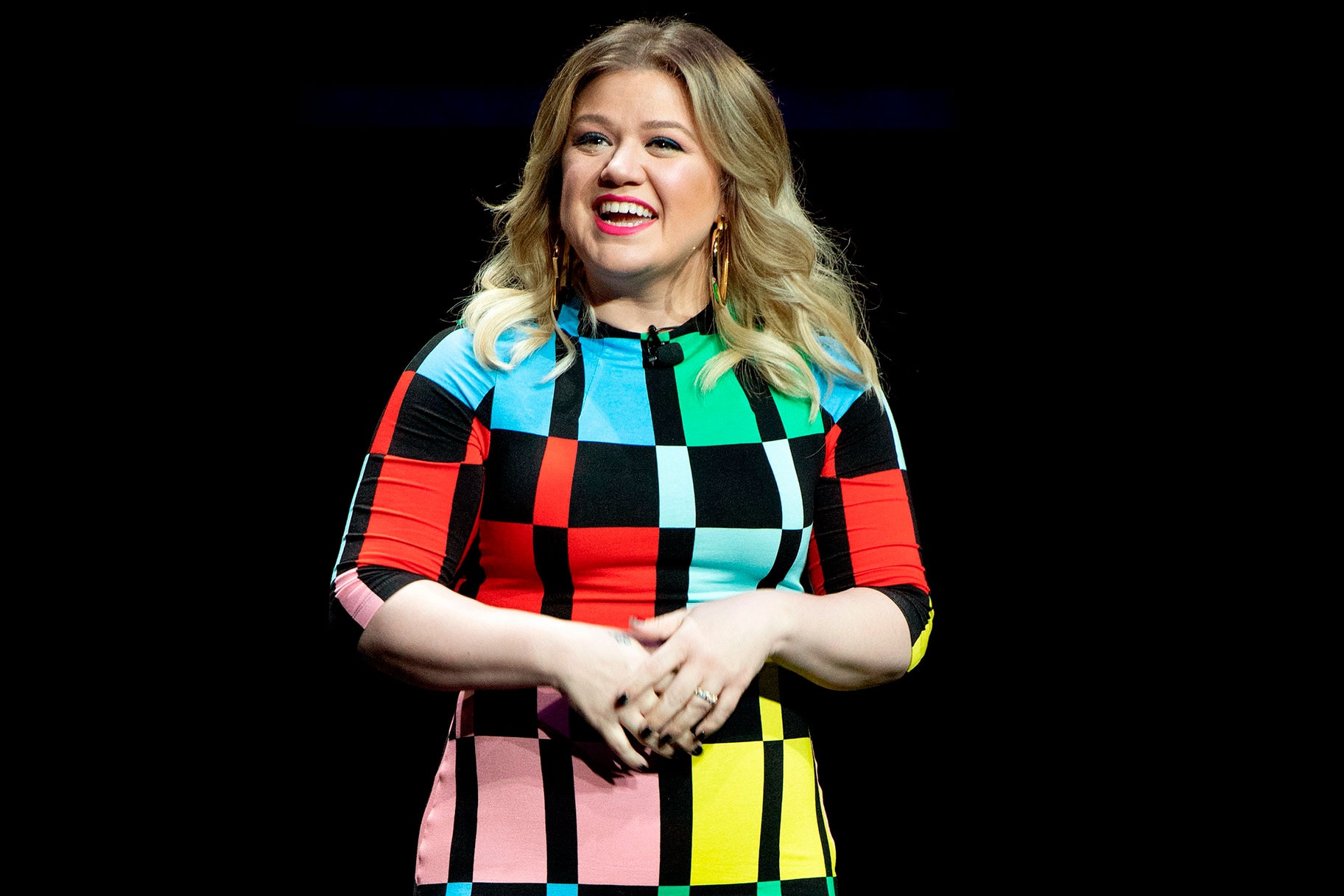Kelly Clarkson Refused to Lie to Her Kids About the Easter Bunny — Here's Why
Mommy and daddy hid the Easter eggs, OK?

Kelly Clarkson isn’t playing your parenting games.
The singer, 36, just admitted she was honest with her kids — daughter River, 4, and son Remington, 3 — about who made their Easter baskets. That would be mommy and daddy. (Kelly is married to Brandon Blackstock, 42.)
“Even my nanny came in this morning and was like, ‘What did the Easter Bunny bring?’ And I was like, ‘Wait what?'” she tells PEOPLE. “I kind of just was like, ‘Mommy and daddy did these for you.’ I knew my mom always did it — maybe don’t show this to children.”
Why’d she do that?
“I thought Easter was for us,” she said. “Sometimes I’m tired of giving credit to non-existent things. Like I’m very busy, and I took the time to shop at Target and put this all together. I did this — no bunny! They got chocolate, so they’re fine.”
So, should parents lie about fantasy characters such as the Easter Bunny, Santa Claus, or the Tooth Fairy?
One study says, "Many parents promote belief in these fantasy figures as harmless fun, part of upholding the innocence of childhood or even that they help fantasy play and critical thinking."
Is it in children’s best interests?
"In 1994, researchers examined children’s reactions to discovering the myth (in the case of Santa) and found that children exhibited many positive or negative reactions to the truth, but in general without significant distress."
Still, some parents, like Clarkson, refuse to lie. In 2018, a Canadian couple made news after they had their foster children taken away when they refused to lie and say the Easter Bunny was real, reports the BBC. They sued and a judge later ruled that the parents can lie about the bunny if they'd like.
Justice Andrew Goodman wrote: "There is ample evidence to support the fact that the children were removed because the [family] refused to either tell or imply that the Easter Bunny was delivering chocolate to the [family] home. I am more than satisfied that the society actions interfered substantially with the Baars' religious beliefs."



